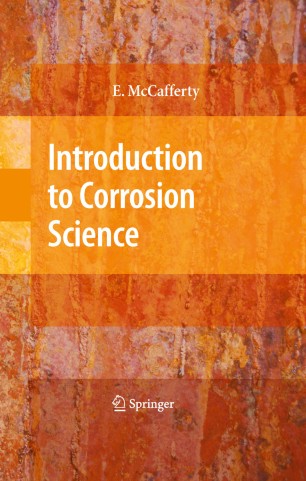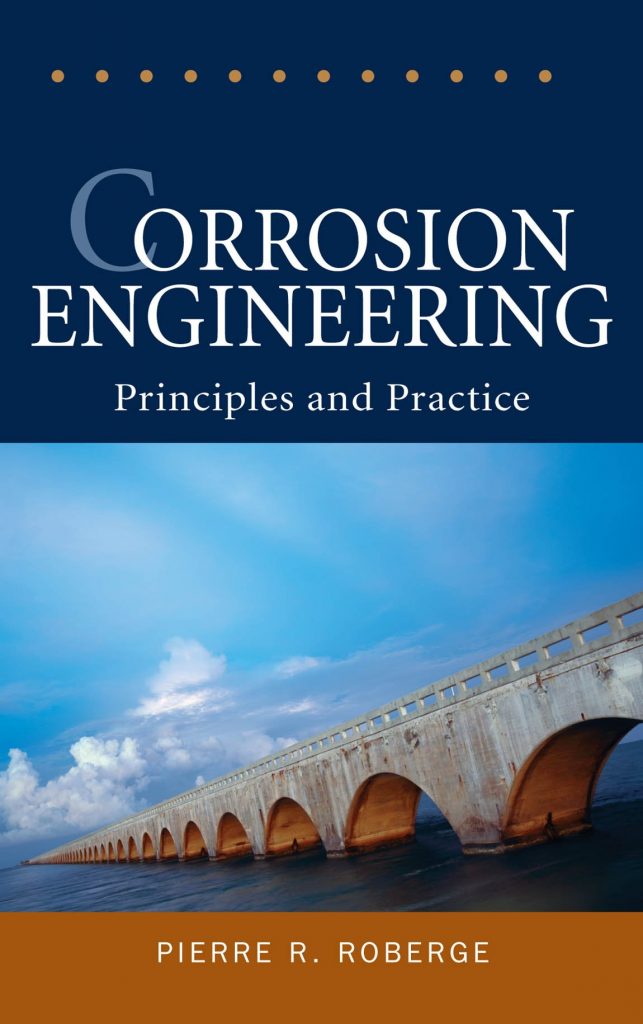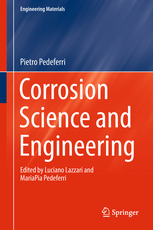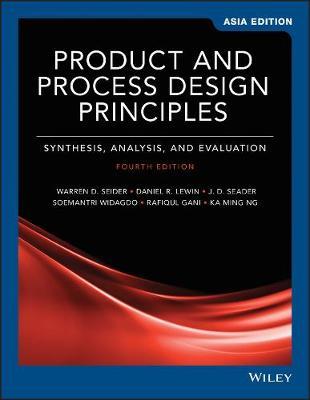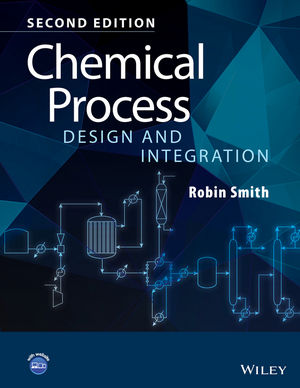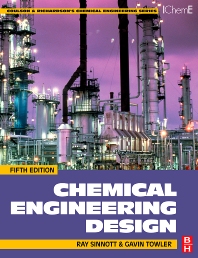Resources in Chemical Engineering (Part IV)
My fourth year in chemical engineering is one that I will always remember as it turned out to be the most challenging time of my degree life. I was actually looking forward to a decent year as I had just gotten out of an unhealthy friendship and was determined to take care of myself again. But life doesn’t wait for you to be comfortable. On the first of February 2021, my home country, Myanmar, fell under Military rule again and a civil war erupted out of nowhere. I had lost contact with my family and tens of people were being arrested and killed each day. The pain of not knowing what’s happening to my family and friends back home numbed me, stripping me of all my motivation to continue with my studies. I had been through hell in the past four years and I was just on my way out but I was not prepared for the military coup and its consequences. My final year of study had an awful start and my academic performance suffered a huge hit. But nevertheless, with the support of my lecturers, I was able to persevere through and I just want to take a moment to thank them for it.
Let us start off with one of the fourth-year elective subjects which I took in my third year in May-August 2020: Corrosion. Corrosion is one of my favorite subjects to date and I adored the subject for its complexity and usefulness. And if you are considering taking Corrosion as an elective, allow me to give you some pointers. Tip 17: Elective subjects are not “light” subjects; you can’t just attend classes and expect to pass because you are just learning an “introduction” to the subject/field. Elective subjects require the same effort (or perhaps even more) compared to your core subjects. I have over a hundred and forty pages of notes for corrosion and I sourced all the learning material from three books which are “Introduction to Corrosion Science by E. McCafferty, Corrosion Engineering Principles and Practice by Pierre R. Roberge, and Corrosion Science and Engineering by Pietro Pedeferri”. The assessment components of this course require you to give solutions to typical corrosion problems in the industry and required a good amount of knowledge to choose the most suitable material for your vessels, anodic or cathodic protection, the right corrosion inhibitors, etc. Basically, when you are studying a fourth-year subject you won’t be asked to “define” or “state”; instead, you will be assessed on your ability to “apply” and “explain”. And more often than not, you will be using the knowledge you’ve gathered in the past three years.
Moving on, let us discuss my third toughest engineering subject which is Chemical Process Design and Optimization. I will be frank with you – the subject is not that tough but it does require a lot of self-study. Normally, I would study regularly and actively search for additional exercises and explanations online but I couldn’t get around to it as I was so absorbed in the worsening situation of my country. I was answering my midterm whilst keeping myself updated with the news of the ongoing murders in my country. I was severely distracted and barely passed my midterm and test II. After a disappointing display of my abilities in my test, I had a strong urge to drop the subject in Week 13. It couldn’t be done and I thought of not taking my finals but my instructor, Dr. Kiew, gave me the strength I needed to carry on. She was always the one to offer help before I could even ask for it and I was determined to make her proud. I buckled down and studied hard two days before the finals and I was able to solve the paper much better than I had ever hoped. I studied from two books which were “Product and Process Design Principles Synthesis, Analysis and Evaluation by Seider, Seader, Lewin, and Widagdo, and Chemical Process Design and Integration by Robin Smith”. Like I mentioned before, even if the theory is taught in the course, you won’t be asked to spill everything you know into your answer script; you will be asked to apply that theory, and that is the most challenging part for students. And from the bottom of my heart, I would like to thank Dr. Kiew for all her help. I could never begin to describe how much of a positive impact she had given me.
I also took two more elective subjects in my January-April 2021 semester which were Nanotechnology and Fuels and Combustion. Nanotechnology was a subject taught by my Final Year Project (FYP) supervisor, Dr. Yeap, and I almost had no issue with the syllabus. There are plenty of e-books available for self-studying but Dr. Yeap’s lectures are sufficient to score an “A” in the subject. Tip 18: Make a habit of reading journal articles and analyzing the data in the results and discussion section of the paper. This will help you in your Final Year Project and all your elective subjects. Next, I had Fuels and Combustion with Dr. Ayu and this subject was where I performed the best in that semester. This subject acts as a continuation of Thermodynamics and I used the same book “Thermodynamics: An Engineering Approach by Yunus A. Cengel and Michael A. Boles” to practice for my assessments. I was very active in this class and if you were to watch the lecture recordings on Microsoft Teams, you will definitely hear me shouting out all the answers to four decimal places. It gets annoying. I’m not going to lie.
I had taken multiple fourth-year subjects in my third year as well. One of the subjects was Engineering Management and Economics. I disliked the management portion of the syllabus as it was largely theory-based but I enjoyed the economics part as it involved calculations. This subject has a final exam but also has a project which counts for most of your internal marks. I vividly remember almost single-handedly finishing off my entire semester’s worth group project two days before the due date. Tip 19: Procrastination is your enemy. But it is hard to concentrate and find the motivation to study when you are going through your mental health issues. The important thing is to seek help and finishing your tasks bit by bit regularly. I actually used multiple books for this subject especially when sourcing different calculation questions to practice. All the books related to the economics portion of the subject can be found in the library whereas your lecture notes are sufficient for the multiple-choice assessment of the management section of the syllabus. The other two heavy final-year subjects which I took were Plant and Safety Engineering, and Process Equipment Design. Plant and Safety Engineering is also a subject heavily grounded in theory and this book “Chemical Process Safety by Daniel A. Crowl and Joseph F. Louvar” along with other internet sources fully prepared me for all my assessments. Process Equipment Design on the other hand starts off with theory before delving into the design procedures for pressure vessels, heat exchangers, distillation column internals, and pumps and piping, and cost estimation. It is indeed one of my favorite subjects as well as it took quite some time and energy studying from “Chemical Engineering Design by Ray Sinnott and Gavin Towler”. There is no shortcut for this subject as you have to buckle down and write out all the solutions to the design problems in the syllabus and you have to read the reference book as you will be assessed on your theoretical knowledge as well. Without practice, it is quite impossible to finish your exam paper or pass the subject. I enjoyed studying this subject and I was able to tutor it in January-April 2021 semester.
Last but not least, allow me to share my experience in my Final Year Project and Plant Design Project. Let me start off by saying that your Plant Design Project is far more challenging than your Final Year Project as you are required to work in a team with students of varying academic performance. Tip 20: Start your plant design project as early as possible while regularly meeting up with your supervisor to share your progress. You need your supervisor’s input as they have so much more knowledge than you. I am ashamed to admit but I completed a semester’s worth of work in two days. I am not proud of what I did but it felt truly impossible to keep up with my work when my thoughts were always with the safety of my family and friends back home. And it doesn’t help when you are always the leader of every project in your degree life. The pressure of being a top student and keeping that position is destructive but not everyone will understand what you’re going through. I felt very anxious, alone, and unhappy whilst doing my Plant Design Project because my work was nowhere near the level of my earlier work.
I faced the same issue in my Final Year Project but it is an individual project so no one else’s grades are on the line so it makes it easier to accept failure. I am not saying a failure is an option (in fact I’ve written all these articles for you to succeed) but sometimes your life doesn’t go your way and throws you off course while leaving you without a choice but to adapt and grow with the pain. If it weren’t for my supervisor’s constant effort to guide and encourage me, I would not have completed my Final Year Project A. I was finishing off half my literature review on the day of submission but if I am completely honest, I am proud of my Final Year Project A report as I had managed to go the extra mile and deliver more than what was expected of me. Tip 21: Select a Final Year Project title which piques your interest and won’t make you bored. If you’re truly interested in what you are doing, your work won’t become a chore but a passion instead. I wouldn’t have made it through my undergraduate years if it weren’t for God, my family’s tremendous love, my lecturer’s guidance, and my friends ‘support. Thank you to everyone from the bottom of my heart.

